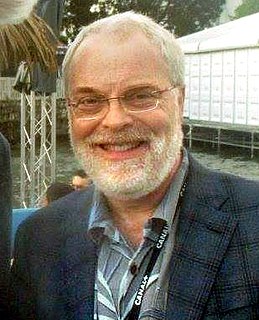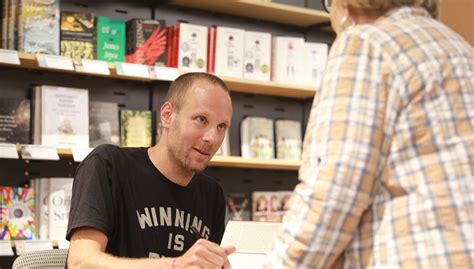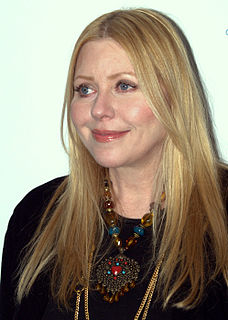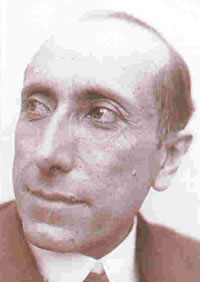A Quote by Simon Callow
I get sent a lot of scripts which feature him as a kind of all-purpose Victorian literary character and really understand little, if anything, about him, his life or his books.
Related Quotes
We really wanted someone from the culture to sort of do that. And we heard about Taika [Waititi]. We saw his movie Boy, which that he had directed and written and which was great. We read another one of his scripts that was great. And we brought him in, showed him what we were doing. He really liked the idea.
I reached out to [Brett Favre] early on; sent him some of my books and a letter. Then I had two or three arranged times with him, and was blown off. Then I sent him another letter, and he sent me a text, explaining that he didn't wish to talk. I'm not mad - it's his right, obviously. Plus, his family members were amazingly open and cool.
One can't prescribe books, even the best books, to people unless one knows a good deal about each individual person. If a man is keen on reading, I think he ought to open his mind to some older man who knows him and his life, and to take his advice in the matter, and above all, to discuss with him the first books that interest him.
Nobody even mentioned the word losing, losing games. We know we've been a losing franchise. He just wanted to say something back like he's always running his mouth. That's what he does. He runs his mouth all the time. Nobody was blaming him for anything. For him to come back at me was a personal attack. I feel that if there is anything that he is unsure about, tell him I would be more than happy to say it in his face, or any kind of other way, that would make him understand.
His [Turgot's] first important literary and scholastic effort was a treatise On the Existence of God. Few fragments of it remain, but we are helped to understand him when we learn that he asserted, and to the end of his life maintained, his belief in an Almighty Creator and Upholder of the Universe. It did, indeed, at a later period suit the purposes of his enemies, exasperated by his tolerant spirit and his reforming plans, to proclaim him an atheist; but that sort of charge has been the commonest of missiles against troublesome thinkers in all times.
His books were part of him. Each year of his life, it seemed, his books became more and more a part of him. This room, thirty by twenty feet, and the walls of shelves filled with books, had for him the murmuring of many voices. In the books of Herodotus, Tacitus, Rabelais, Thomas Browne, John Milton, and scores of others, he had found men of face and voice more real to him than many a man he had met for a smoke and a talk.
One thing I learned about Gordon Brown is you've got to have the strength to just get in there and take him on. When you first hear him spouting his statistics and boasting about his record, it can be quite intimidating. But over time, shadowing him, I just realised that a lot of it was rubbish; a lot of it was baloney.
Literary men now routinely tell their readers about their divorces. One literary man who reviews books wrote, in reviewing a study of Ruskin, that he had never read a book by Ruskin but that the study confirmed him in his belief that he didn't want to read a book by Ruskin. This man very often writes about his family life.
There are three infallible ways of pleasing an author, and the three form a rising scale of compliment: 1, to tell him you have read one of his books; 2, to tell him you have read all of his books; 3, to ask him to let you read the manuscript of his forthcoming book. No. 1 admits you to his respect; No. 2 admits you to his admiration; No. 3 carries you clear into his heart.




































